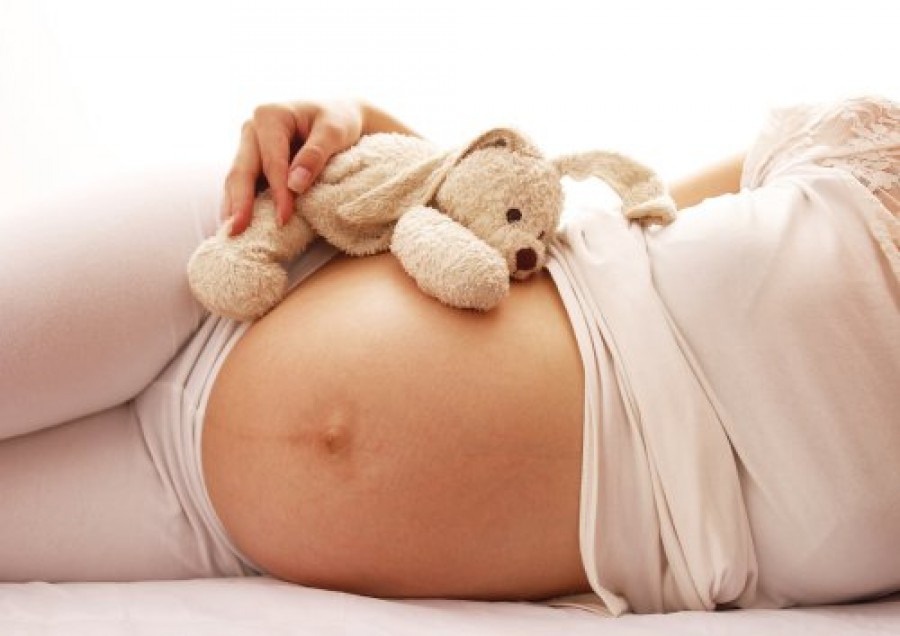Pregnancy after the age of 35 – Complications and Guidance

More and more women are postponing having children until their 30s, with many other things they want to achieve in life first.
A generation ago women would get married and have children much younger; now they are focusing on a much broader life.
They also focus on their studies and careers, on travel and broadening their horizons, on getting to know themselves as people and individuals first before they become someone’s partner or someone’s mother.
In Australia specifically, about thirty to forty percent of babies born are to women over thirty. Additionally, of all the babies born in Australia, about ten percent are the firstborns of women over thirty-five.
This recent phenomenon of bearing children in a woman’s thirties, often referred to as advanced age pregnancy, happens for many valid reasons.
These include women wishing to pursue their educations and careers and wishing to be financially stable prior to having children, as well as waiting until they find the right partner to parent with.
It is important to note, however, that there are many problems that can arise in the process of bearing children at an advanced age.
This becomes more difficult if we wait until we are over 35 before conceiving our first baby.
Complications in Advanced Age Pregnancy
#1 Difficulty in Conceiving

As women get older, their hormones begin to become imbalanced, leading to irregularities in their menstrual cycle.
This, in turn, causes their ovaries to prematurely shrink which lessens the chances of conception.
The chances of getting pregnant start to reduce after age 30 and then drop rather dramatically by age 35.
Women in their 20s with no fertility concerns have a 90% likelihood of getting pregnant with regular trying.
This likelihood reduces to 70% after 30 and has dropped to 55% by 35 and is around 45% by age 40.
#2 Multiple Pregnancy
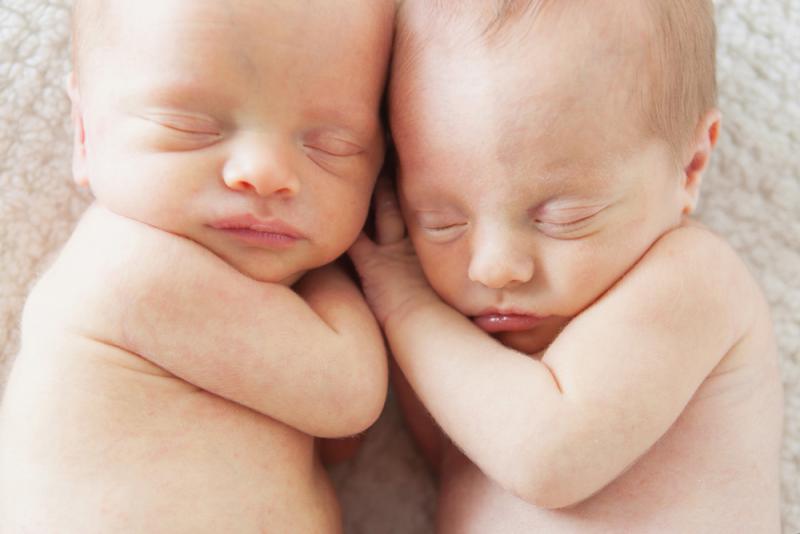
Research indicates that older women that use medications (clomiphene citrate, etc.) and/or other methods (invitro fertilization, etc.) to stimulate ovulation are more likely to have a multiple pregnancy (a pregnancy with twins, triplets, etc.).
There are many complications that can arise from multiple pregnancy including premature birth, gestational hypertension, birth defects, and anaemia.
#3 Gestational Diabetes
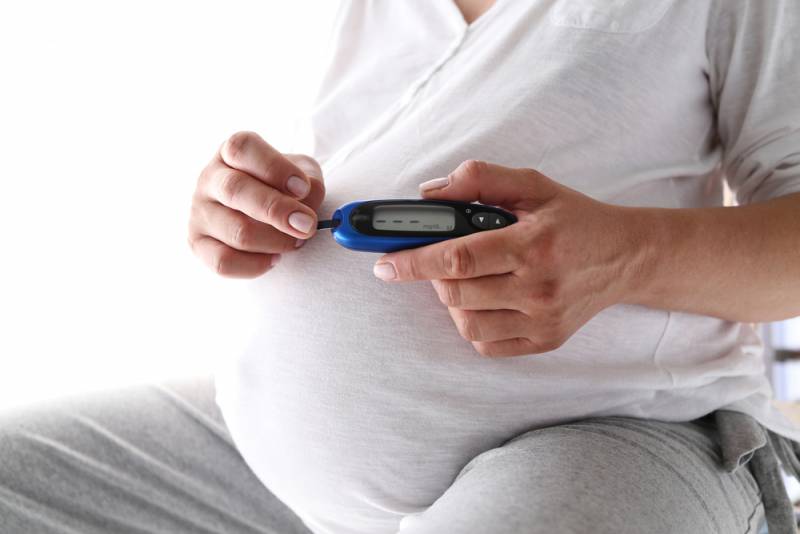
As individuals become older, anti-insulin agents in the body increase, making them more prone to developing diabetes.
Additionally, the placenta of a baby releases more anti-insulin agents into the body which causes expecting mothers to be even more likely to develop diabetes.
To make matters worse, a mother with diabetes tends to have larger babies which makes delivery all the more difficult.
Older mothers also have a greater risk of high blood pressure, and although all pregnant women should take care to look after their own health and the health of their babies, pregnant women over 35 need to be even more careful and even more aware of any symptoms of complications.
#4 Genetic Diseases
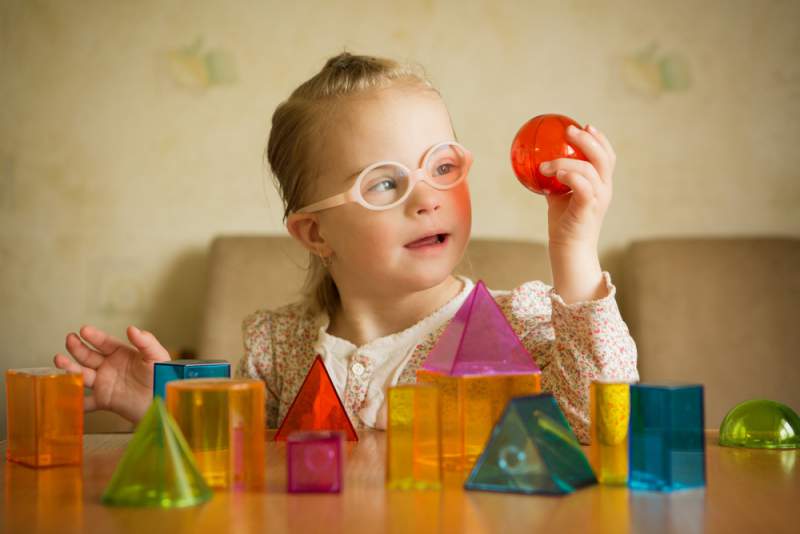
It has been noted that babies born in the later years of their mothers’ lives are more at risk to be born with birth defects and chromosomal abnormalities.
Your chances of having a baby with Downs Syndrome for instance increases every year after you turn 25.
There are of course prenatal tests that can screen for these kinds of abnormalities in the womb, but it is better to be aware of your risks beforehand.
#5 Genetic testing
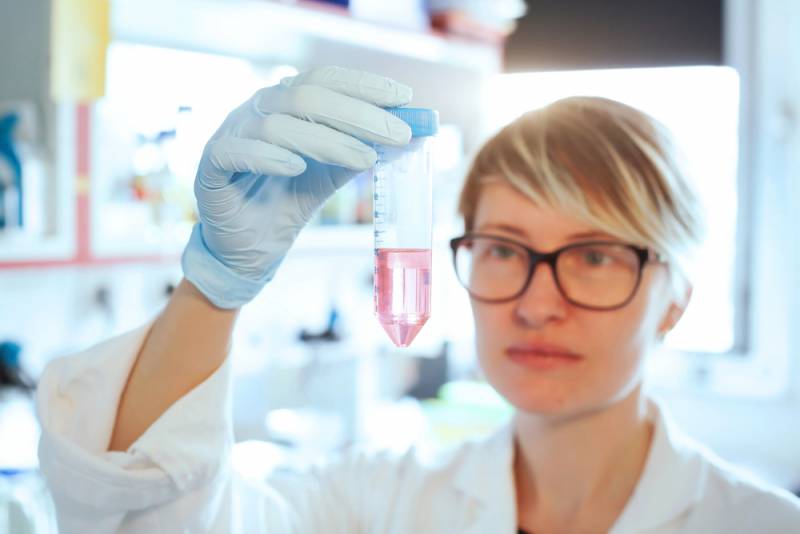
Due to pregnant women over thirty-five being at risk of giving birth to babies with chromosomal abnormalities, a test called amniocentesis is administered between the fifteenth and twenty-second week of pregnancy.
In this test, a sterile needle is inserted into the abdomen of the expecting mother to collect a small amount of amniotic fluid.
However, despite being helpful, this procedure is risky as it can weaken the uterine cavity and cause the loss of amniotic fluid, potentially leading to a miscarriage.
Make sure that you get as much information as possible about the risks and benefits of genetic testing before you go into this – this is not something that you have to do, and you can make an informed decision around this.
#6 Loss of Pregnancy

Older women may have more trouble staying pregnant as well.
The likelihood of miscarriage is higher than for younger women, and the risk of complications such as ectopic pregnancy, preeclampsia, placental abruption and placenta previa also goes up significantly with the mother’s age.
#7 Premature Delivery
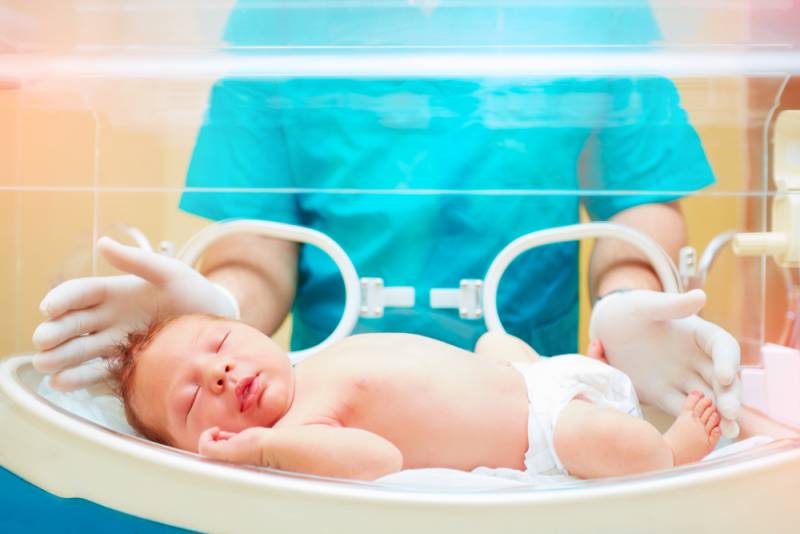
Older women are more likely to give birth to babies prematurely as well as giving birth to low birth weight babies.
#8 Mode of Delivery
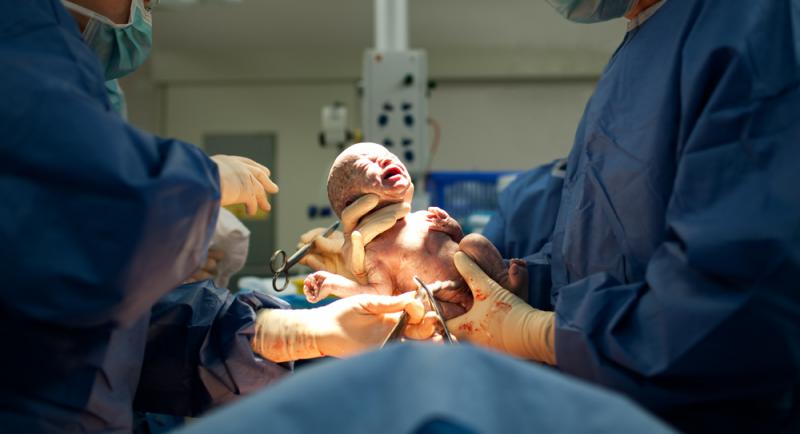
Older women are found to need caesarean sections or vaginal operative deliveries due to having less flexible joints and weaker uterine contractions which together render normal vaginal births risky.
This does sound like we are a bunch of rickety old ladies who can’t give birth, but it is absolutely not the case. It is just important to look after yourself and be the healthiest mother you can possibly be.
Preparing for birth through pregnancy fitness classes, yoga or meditation can really help.
Things that can really help women over 35 who want to get pregnant
Regardless of the aforementioned issues, it is quite possible to have a baby at an advanced age. In fact, many women over the age of fifty have given birth to healthy babies. Older women, however, may use differing methods to aid in the process of having a child.
1. Health
Regardless of age, women who are physically, mentally, and emotionally healthy have a higher chance of getting pregnant.
Your ability to conceive gets better if you try to reduce your levels of stress, eat well and get some regular gentle exercise, and maintain a healthy weight.
Natural therapies and relaxation exercises can also help including acupuncture, yoga, meditation and mindfulness, naturopathy and traditional Chinese medicine.
Many older women who have difficulty getting pregnant can turn to fertility treatments such as IVF and IUI for assistance.
Medically assisted conception has come so far in recent years, and there is so much more hope now for women getting pregnant at an advanced age.
You need to remember however that fertility treatment only increases your chances to what they would normally be for your age, so this kind of help can combat fertility problems but cannot combat age itself.
2. Being Prepared
While there are obviously infertility treatments you can try, one of the best things you can do is prepare yourself for any difficulties you might face.
This can mean arming yourself with all of the information you can about the risks of pregnancy and giving birth at an advanced age.
It can also mean seeking counselling assistance to help you face the mental and emotional challenges of trying to conceive and the potential failure you face.
For women younger than 35 it is recommended that they seek infertility evaluation after 12 months of trying unsuccessfully to get pregnant.
For women over 35 who haven’t had their first child, it is recommended that you don’t wait this long, and instead seek testing and advice from when you first start to give you the best possible chances.
3. Infertility Treatments
1. Invitro Fertilisation
In this method of assisted conception, the eggs of the mother-to-be are fertilised by sperm within a laboratory. Then, the fertilised eggs are placed in the uterus of the mother-to-be. Learn more about IVF here.
2. Intrauterine Insemination
To increase the chances of fertilisation in this case, sperm are placed directly into the uterus of the mother-to-be. Learn more intrauterine insemination here.
3. Intracytoplasmic Sperm Injection
In this method, sperm is directly injected into the egg present within the ovaries of a woman. Learn more about Intracytoplasmic Sperm Injection here.
4. Donation
A woman having difficulties getting pregnant might donate her healthy eggs to aid another in the process of having a child.
She may also accept sperm donations to increase her likelihood of bearing children.
Older women can also get help from donation of a younger woman’s egg, which is called oocyte donation.
5. Surrogacy
Surrogacy involves sperm being injected into an egg in a laboratory, and then, being placed into the uterus of a woman, the surrogate mother, who is not the intended mother of the child.
The surrogate mother, then, carries the baby to term. It is important to note that the sperm and the egg used in this process can be from donors or from the intended parents.
Being a mother after 35
Once you get through the difficulties that your body throws at you during pregnancy, you will happy to know that older women don’t have more difficulties than younger women when it comes to tackling the challenges of motherhood.
In fact, all of that preparation and trying, and the fact that these babies are so desperately wanted makes these children blessed beyond compare.


